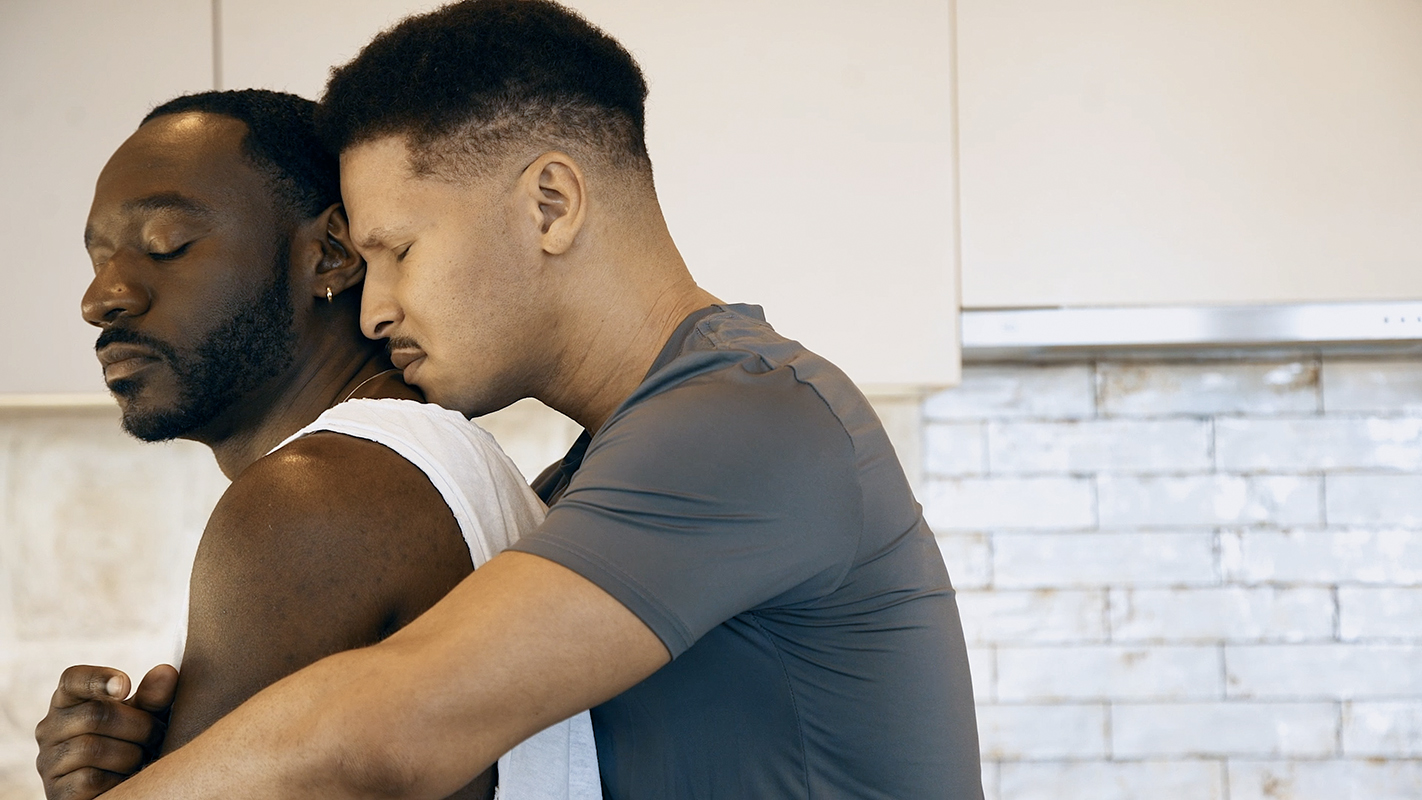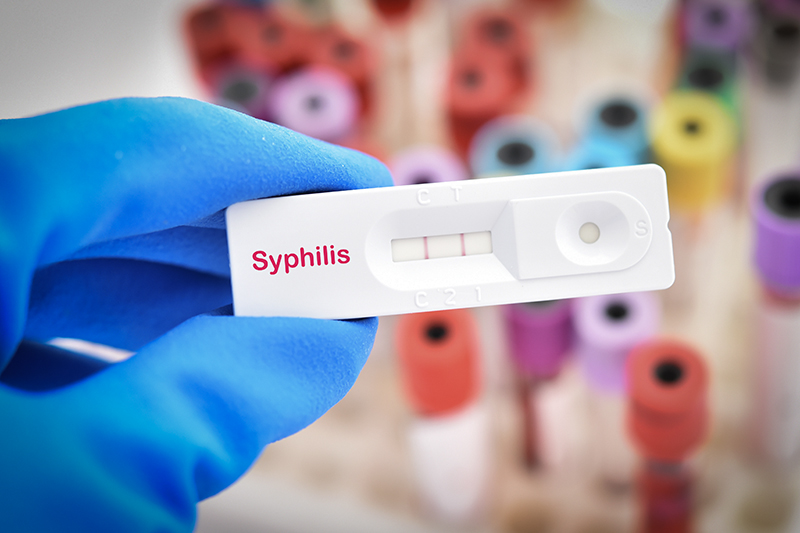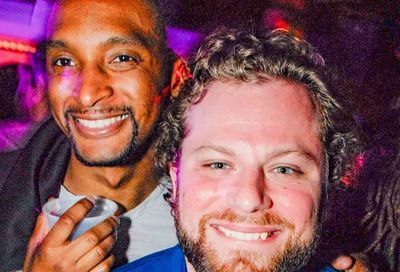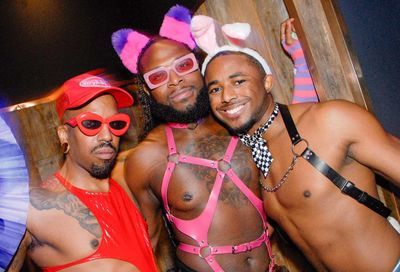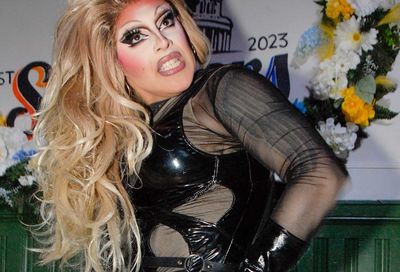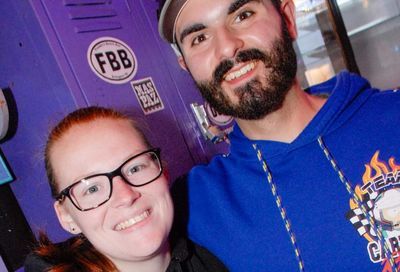Uplifting Lineage
Frustrations aside, there is comfort in the generational continuity in the fight for equality
Some important news last week brightened an otherwise frustrating season for gay rights: The Department of Health and Human Services issued rules requiring hospitals that accept Medicare or Medicaid funds to grant equal visitation rights to same-sex domestic partners.
Family law expert Nancy Polikoff summarizes:
”[A] doctor who does not approve of same-sex relationships cannot exercise his ‘conscience’ to refuse to let a same-sex partner make medical decisions if that partner is named in an advance directive. … The regulations have no impact … when someone is unconscious or otherwise unable to make decisions. … [The rules go to] great length to educate medical providers about circumstances that could include medical care for a child of a same-sex couple. … Oral designation of a ‘support person’ is sufficient to establish who can visit. … Only when a patient … cannot make an oral designation, and more than one person claims the right to be the patient’s ‘support person,’ can a hospital require any documentation.”
The new rules are an important step for the protection of our families — a far cry from the years of struggle that Karen Thompson went through to gain access to her partner Sharon Kowalski after Sharon suffered a severe brain injury in November 1983.
The advent of AIDS dramatically exposed the legal hazards faced by same-sex couples, who could see their wishes thwarted by hostile biological family members even after preparing wills and durable powers of attorney. Friends, lovers and caregivers found themselves in a mad scramble to preserve basic human dignity.
The first member of the Gay Men’s Chorus of Washington to die from AIDS was Gary Johnson in 1984. At the time, AIDS was widely dismissed as a disease of minorities, specifically gays and Haitians. Then-chorus president Craig Bowen, who would himself die of a weak heart in 1993, arrived at Gary’s hospital room and posed with his hands against the doorframe. ”So,” he said archly, ”you’re Haitian.” Gary laughed for the first time since his diagnosis. Then Craig went over and kissed him, and Gary started crying. His previous visitors had all been afraid to kiss him. In that moment, tested by circumstance, Craig showed what family was.
After dinner at the steak house where he and I used to eat together, which is on the block that was designated Frank Kameny Way last June to honor the gay-rights pioneer, I raise a glass to Craig and so many others whose caring acts, coupled with disciplined advocacy, have helped expand the understanding and definition of family.
Needless to say, the HHS rule comes too late for countless people; yet even now we are not done. How can we not be angry? How can we not resent having to spend so much of our lives fighting for the right to live as equal citizens? Why should we have to endure the most absurd and extreme slanders year after year?
Craig would jokingly call my rage ”a thalamic storm.” This makes me smile as I raise my snifter of sambuca again to my friend who raised so many with me here. I am tired of fighting, but fighting is the charge of the living. We owe it to those who came before us to see this struggle through. As I commune with Craig’s ghost, the fan-shaped leaves of the ginkgo tree outside the restaurant window are lit from behind like golden lanterns bearing the spirits of the dead.
That is why we will not be defeated. We are keeping faith with those who preceded us and those who, after we are gone, will take paths we cannot know. That is a grand thing of which to be a part. Walt Whitman said it: ”To thee old cause!”
Richard J. Rosendall is a writer and activist. He can be reached at .
Support Metro Weekly’s Journalism
These are challenging times for news organizations. And yet it’s crucial we stay active and provide vital resources and information to both our local readers and the world. So won’t you please take a moment and consider supporting Metro Weekly with a membership? For as little as $5 a month, you can help ensure Metro Weekly magazine and MetroWeekly.com remain free, viable resources as we provide the best, most diverse, culturally-resonant LGBTQ coverage in both the D.C. region and around the world. Memberships come with exclusive perks and discounts, your own personal digital delivery of each week’s magazine (and an archive), access to our Member's Lounge when it launches this fall, and exclusive members-only items like Metro Weekly Membership Mugs and Tote Bags! Check out all our membership levels here and please join us today!


